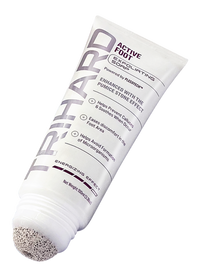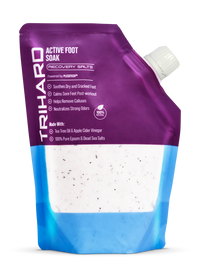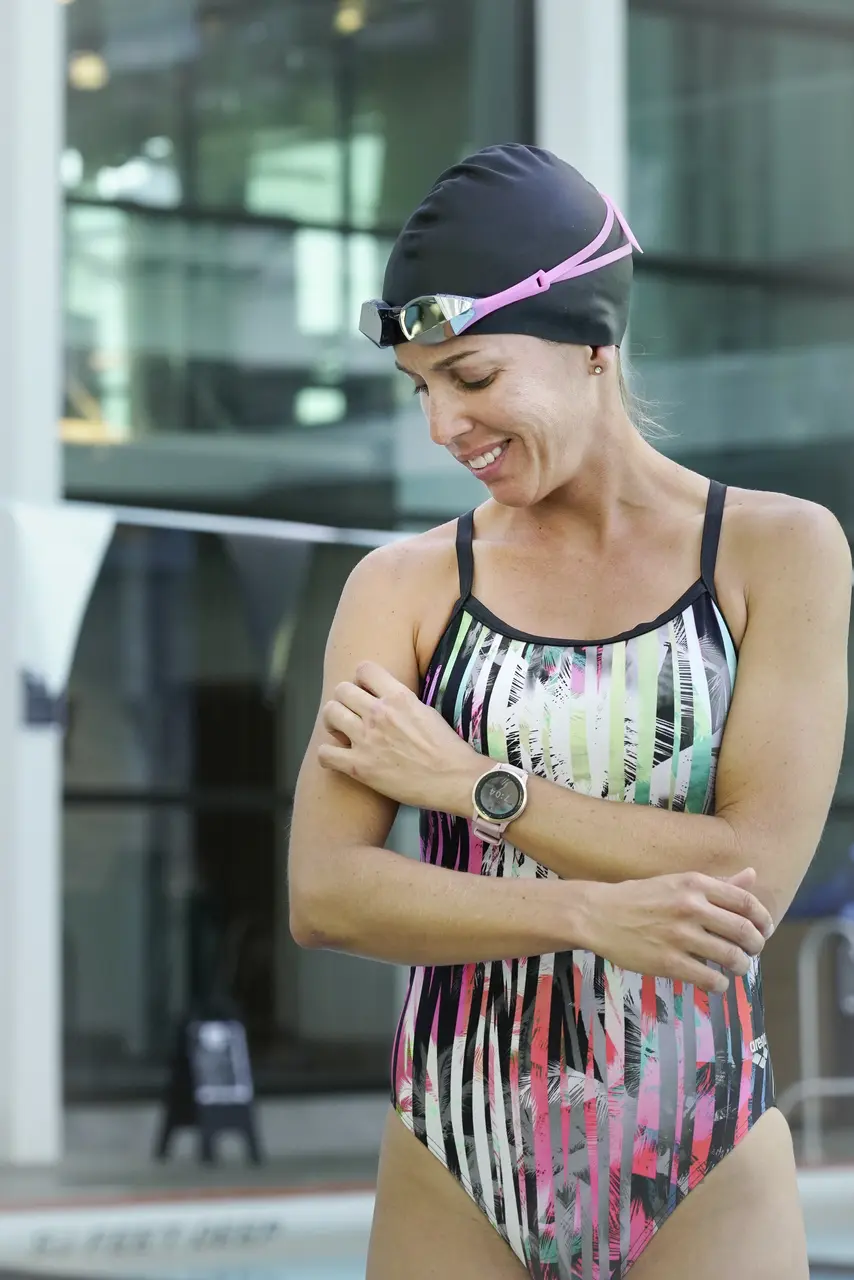How Does Chlorine Affect Hair and Skin?
Chlorine is commonly used in pools to keep water clean and safe from harmful bacteria. However, prolonged exposure can have effects on your hair and skin. This FAQ blog explores these potential impacts and offers tips on keeping your hair and skin healthy after swimming.
What Is Chlorine and Why Is It Used?
Chlorine is a chemical element used to disinfect pool water and keep it free from harmful microorganisms. It’s prevalent in many swimming areas due to its efficacy in sanitization. Its ability to eliminate bacteria and germs makes it indispensable in maintaining sanitary conditions in swimming pools, preserving the health of swimmers.
While effective in killing pathogens, chlorine can cause noticeable side effects on the elements it comes in contact with, particularly organic tissues such as our hair and skin. The same properties that make chlorine effective in killing harmful bacteria can lead to adverse effects for frequent swimmers.
How Does Chlorine Affect Hair?
Chlorine can strip natural oils from the hair, leading to dryness, brittleness, and color fading in chemically treated hair. Swimmers may notice increased hair damage with frequent pool exposure. This is particularly true for those with color-treated hair, as the chemical reaction between chlorine and hair dye can result in a less vibrant color, often leaving blonde hair with a greenish tinge. For more detailed information, you can visit How Does Anti-Chlorine Shampoo Work?.
Hair acts like a sponge; it absorbs water and whatever chemicals are in it. When your hair absorbs chlorinated water, the natural oils that provide shine and protection are stripped away, leaving the cuticles prone to damage. This can result in hair feeling coarse, dry, and difficult to manage.
Long-term exposure to chlorine can increase hair porosity, meaning it can absorb and lose moisture more readily. This makes the hair more susceptible to damage, breakage, and split ends. Combat these issues by using pre-swim conditioners and high-quality hair care products to mitigate chlorine’s harmful effects.
What Are the Effects of Chlorine on Skin?
Chlorine exposure can disrupt the natural barrier of the skin, causing dryness, irritation, and even rashes for those with sensitive skin. The chemical can exacerbate existing skin conditions, such as eczema or dermatitis, causing heightened discomfort and potential for flare-ups. The skin’s natural oils, which help retain moisture, are stripped away during prolonged exposure to chlorinated water.
It’s essential to keep your skin hydrated before and after swimming to prevent dryness and irritation. Using moisturizers rich in ingredients like ceramides and hyaluronic acid can help maintain your skin’s moisture balance and provide a protective barrier. For additional tips, consider reading more about Swimming and Skincare.
Another factor to consider is the potential for skin aging. Some studies suggest that chlorine can contribute to premature skin aging. Maintaining a robust skincare routine is crucial for swimmers to prevent these adverse effects and maintain healthy, hydrated skin.
How to Protect Hair from Chlorine?
Wearing a swim cap, rinsing hair before and after swimming, and using the best chlorine removal shampoo can protect hair from the drying effects of chlorine. Trihard’s Swimmers Shampoo, for example, is specifically designed to counteract the residual chlorine that clings to hair post-swim, maintaining the hair’s natural moisture and strength.
Pre-swim routines are just as important as post-swim ones. Wetting your hair before entering a pool reduces the amount of chlorinated water your hair can absorb. Coupling this with a protective conditioner can decrease chlorine’s harmful impact even more, locking in hydration and shielding hair from damage.
After swimming, it’s vital to rinse off with a gentle clarifying shampoo to eliminate chlorine buildup. This practice helps in restoring the hair’s natural sheen and reducing discoloration or textural changes attributed to chlorine exposure.
How to Protect Skin from Chlorine?
Moisturizing before and after swimming, using barrier creams, and showering immediately post-swim can help protect skin from chlorine’s harsh effects. Pre-swim rituals like applying a barrier cream or sunscreen can create an obstructive layer that mitigates chemical absorption.
Post-swim activities like promptly showering with a moisturizing body wash can remove residual chlorine from the skin’s surface and restore its natural moisture. Stay hydrated by consuming plenty of fluids and nourish your skin with lotions rich in vitamin E and aloe vera, which expedite rejuvenation and repair.
Implementing a regular skincare regimen that includes antioxidants can prevent chlorine-induced oxidative stress, which leads to skin damage and aging. This comprehensive approach ensures the skin remains resilient and healthy even with frequent swimming.
Final Thoughts on Chlorine’s Effects
Understanding how chlorine affects hair and skin helps mitigate its effects effectively. Using appropriate products, like the best chlorine removal shampoo, and following a simple routine, can keep your hair and skin looking their best.
































Leave a comment